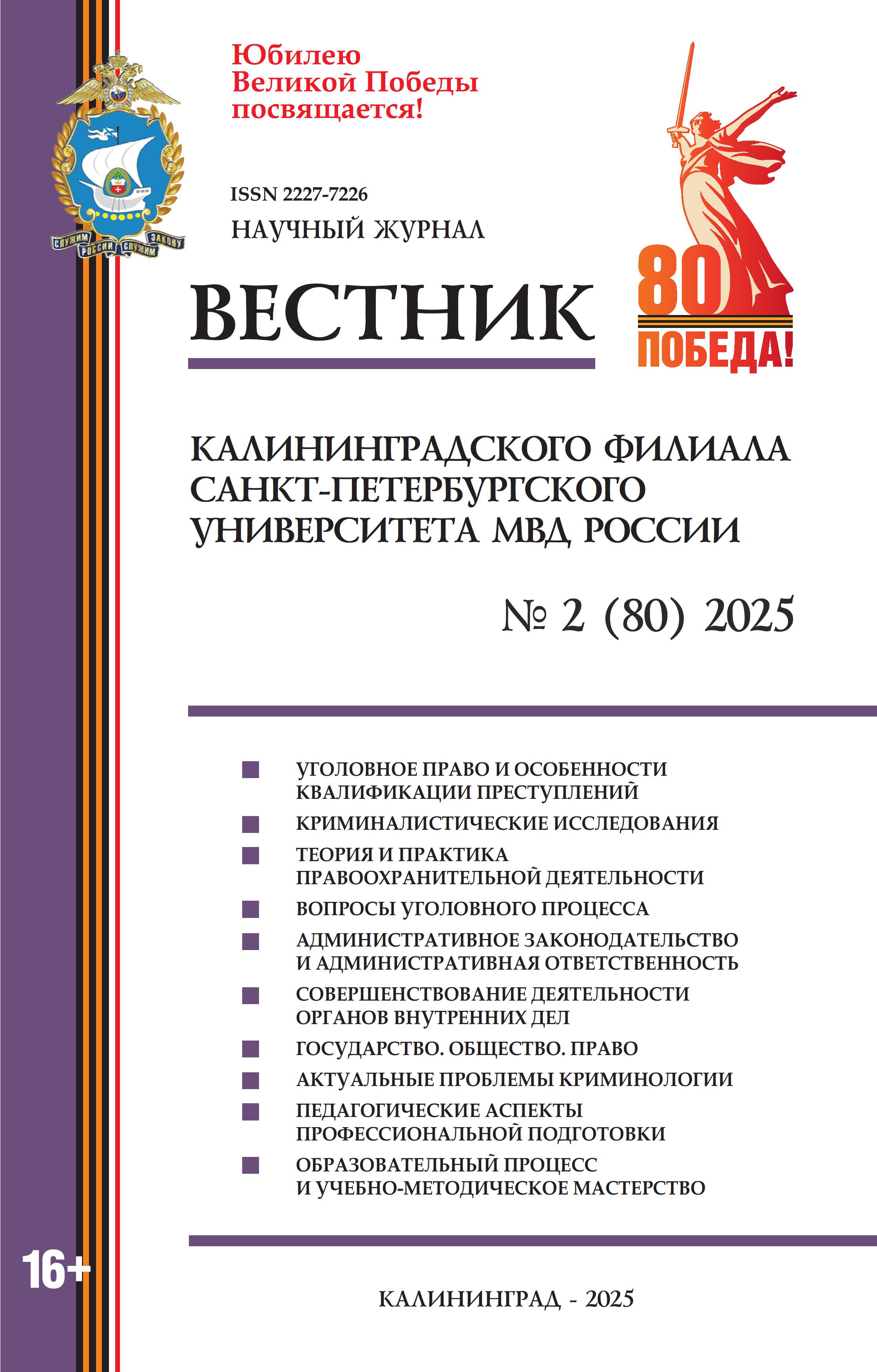from 01.01.2020 to 01.01.2024
Volgograd, Volgograd, Russian Federation
UDC 343
UDC 343.1
Introduction. The current criminal procedure law positions the prosecutor as an authority exercising criminal prosecution on behalf of the state, which seems fair in relation to the support of state prosecution in court by the prosecutor's office representatives. As for pre-trial proceedings, the results of the analysis of the relevant powers of the prosecutor show that he does not directly exercise such activities at the stage of initiating a criminal case. Methods. The author of the article used the methods of analysis and synthesis, the comparative legal method, and the method of statistical analysis of data from the annual reports of the prosecutor's office. Results. In order to verify the prosecutor's real ability to carry out criminal prosecution, the legal positions of the Constitutional Court of the Russian Federation set out in the 2000 ruling on the case of V.I. Maslov were used. They reflect the «formula» of criminal prosecution, revealing the content of this concept. The methodological approach used by the author of the article allowed to analyze the presence of real powers of the prosecutor to carry out criminal prosecution and to substantiate the opinion that it is necessary to use the legal positions of the Constitutional Court of the Russian Federation as an ideological guideline. The assessment of the procedural capabilities of the prosecutor carried out in this way revealed the absence of real «tools» for the direct implementation of criminal prosecution within the framework of the current regulatory framework. Based on the data obtained, the need to grant the prosecutor the right to initiate criminal cases in cases where he discovers facts of crimes committed during the implementation of supervisory powers is argued
Prosecutor, criminal prosecution, competency of the prosecutor, official criminal prosecution, initiation of criminal case







